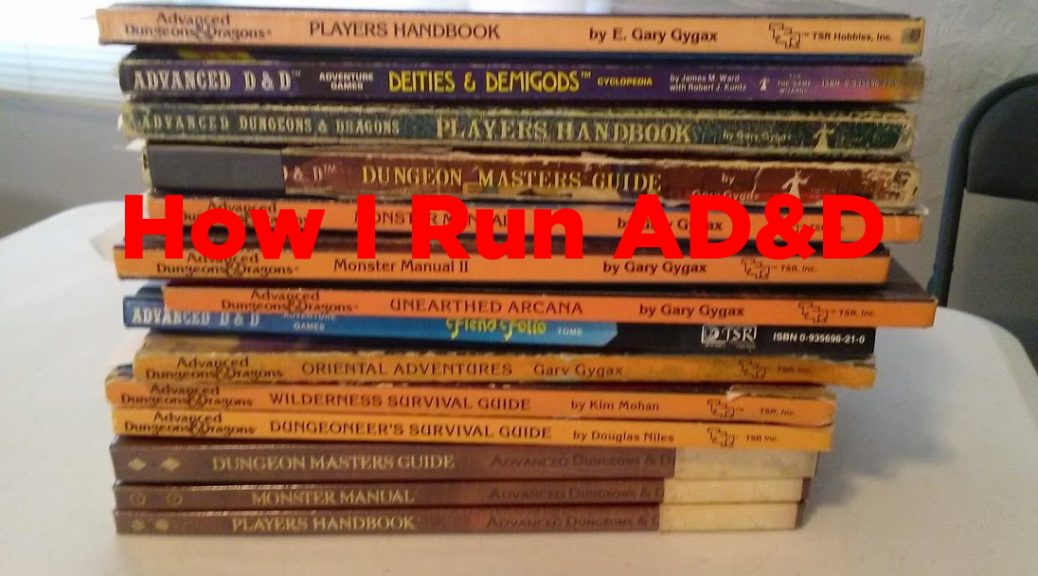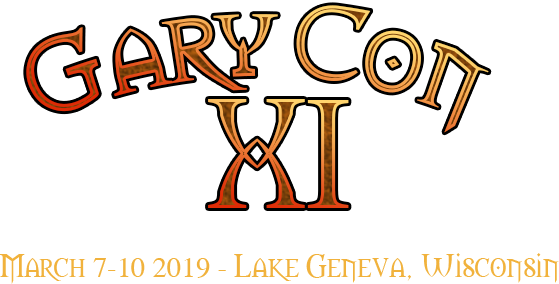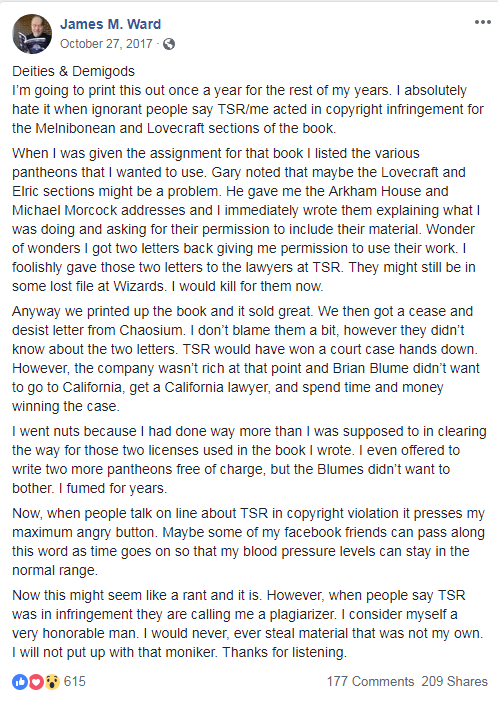I’m prepping for this week’s session of my Sunday AD&D game on Roll20. Two sessions ago, the party sailed into port of the capitol city of the kingdom of which they have adventured at the far reaches until now.
Last week marked session 100 of the campaign, and they continued their big city adventures by visiting the wizard’s quarter/wizard’s college. The party is seeking to unload some items they don’t want to carry for items they want for future endeavors.
I run a low magic campaign.
By this I mean:
- Most magic has to be discovered during adventuring.
- Magic shops means places to buy ingredients, not magic.
- Healing Elixirs with side effects of exhaustion can be obtained from alchemists.
- Healing potions can be obtained from temples, plus healing spells.
- Some NPC casters will sell potions & scrolls, or spells to PC casters.
- There are certain spells casters don’t trust with others.
- The party took giant parts to a local wizard and got back half the amount back as either potions of giant strength, or giant control.
By having a wizards academy in the capitol, it pushes the boundary. My campaign timeline is about a thousand years after the last great empire fell. Wars and devastation fought by wizards trying to keep things together, or get their own slice of the pie, made plentiful magic and the old academies a thing of the past.
The capitol of this kingdom, a province of the last empire, has had 500 years to build back up. The capitol is far from its past glory. The wizard’s college has mixed stonework from building on the foundations of ruins. However, the illusionist’s part is pristine and complete, due to the power of illusion.
Ancient wizarding families have kept some traditions alive, but the ability to use over 5th level spells is rare. The methods of the ancients for training wizards is lost and it takes a long time, AKA the grind of adventuring, to gain access to (rediscover) lost knowledge.
This means that making new magic items, other than potions & scrolls, is very rare.
Instead of a city lit by continual light, only the academy and the rich have such things.
So it finally occurred to me while prepping for this week’s session.
What Happens When Wizard Dies?
- What happens to spell books, lab equipment, potions, scrolls, etc. of a wizard when they die?
- If they have family or others mentioned in their will it goes to them.
- If things are planned out in advance they may have notes on command words and other instructions for items.
- Potions & scrolls are labeled.
- If no plans are made, the family takes their chances figuring things out.
- If things are planned out in advance they may have notes on command words and other instructions for items.
- If they make other arrangements, such as to have it hidden or destroyed.
- Hidden or Destroyed because they don’t trust their family or anyone else, or don’t like them, or don’t want to share.
- If hidden, is it documented with clues or a map?
- One way of hiding is with Nystul’s Magic Aura to put a dweomer onto mundane items causing much confusion for those seeking to understand what the item does.
- One way of hiding is with Nystul’s Magic Aura to put a dweomer onto mundane items causing much confusion for those seeking to understand what the item does.
- If no family or other arrangements, the Council will take charge of it to prevent it falling into the wrong hands. They may do this on their own authority backed by tradition, or under the authority of the Monarch. If under the Monarch, the Council holds it in trust for the monarchy.
- The thieves guild may keep an eye on an aged or ill wizard to pounce and get some good stuff before it’s packed away.
- A multi-class elf, half-elf, or dual class human magic-user/thief or gnomish thief/illusionist may be in charge of this, since they have the specialized knowledge to know which is the good stuff.
- If a wizard dies who resides outside the capitol, it depends on the distance and circumstances.
- In a distant city, the local noble or governor or city council may get first choice as part of taking things under their charge under the national government.
- With less oversight and no other official wizards living in the city, the process may not be transparent, or entirely above board. Chance for corruption.
- In a distant city, the local noble or governor or city council may get first choice as part of taking things under their charge under the national government.
- If they have family or others mentioned in their will it goes to them.
How Do Wizards Die?
Just like everyone else, wizards can die from injury, illness, old age, accident, or murder.
All of these can happen on an adventure.
They can also happen in the everyday life of a wizard doing research and experiments.
Crossing the wrong people, like rival wizards, the thieves guild, etc. can also get one dead.
In My Campaign
Many sessions back, the party learned of NPC wizards in cities near their main adventure area back then. Two such wizards died in the recent past, i.e. a decade or more, and without heirs, the local nobles stepped in.
It suddenly occurred to me during the prep for this week’s session that past wizards associated with the council who died of old age would leave behind all their wizard stuff.
This leads to questions:
- Where is all that stuff now?
- Is it in the city?
- Is it secure?
- Is it lost or hidden?
- Who has that stuff?
- Can they use it?
- Do they know how to use it?
- Do they want or need to sell it?
Over a given number of years or centuries, wizards will die. That means there is potential for a lot of items to be in the world, like spellbooks, potions, scrolls, ingredients, inks, quills, parchment, lab equipment, a lab, a tower or other base, familiars, homonculi, trapped or bound creatures such as elementals, djinn, efreet, demons, devils, apprentices, pets, family, servants, etc.
Without a regimented system and the ability to police it there won’t be an estate sale, at least not one that includes magic.
More likely, a group or individual wizard, or other interested party will move in to claim it all, or pick over for what they want. This could lead to open duels or battles between factions or individuals.
This is one of those times session prep has opened a whole new can of worms that I feel like I have to solve now. I’m going to ignore that feeling and just make a mental note of it (and get this blog post out of it).
With more time, I cold develop a set of tables, but for now, I’ll just sketch out the tables I’d make once I make the time.
- How did they die?
- When did they die?
- Did they have family or others they wanted to have their stuff?
- Did they make a will?
- Can the will be found?
- Can the will be enforced?
- Were they broke and creditors get involved? (real or fake creditors?)
- Were they under a feeblemind or other curse?
- Did they have enemies?
- Do the enemies show up?
- Do they fight the beneficiaries or each other or both?
- Are the enemies other wizards, thieves guild, other adventurers, government, other nation, extra planar being(s), etc?
- What did they leave behind?
- Spellbooks, potions, scrolls, ingredients, inks, quills, parchment, lab equipment, a lab, a tower or other base, familiars, homonculi, trapped or bound creatures such as elementals, djinn, efreet, demons, devils, apprentices, pets, family, servants, etc?
- Tower or other lair, or rented space?
- Did they hide their stuff?
- Are there any clues like notes, puzzles, or maps?
- Did they have a trusted servant to handle things.
- Did they follow the task faithfully?
- Did they cast Nystul’s Magic Aura on a bunch of junk?
- Are there any clues like notes, puzzles, or maps?
The above are the questions I’d have to consider or develop tables of options to help me decide. Are there any possibilities I’ve left out that you feel should be considered? Please comment below.











